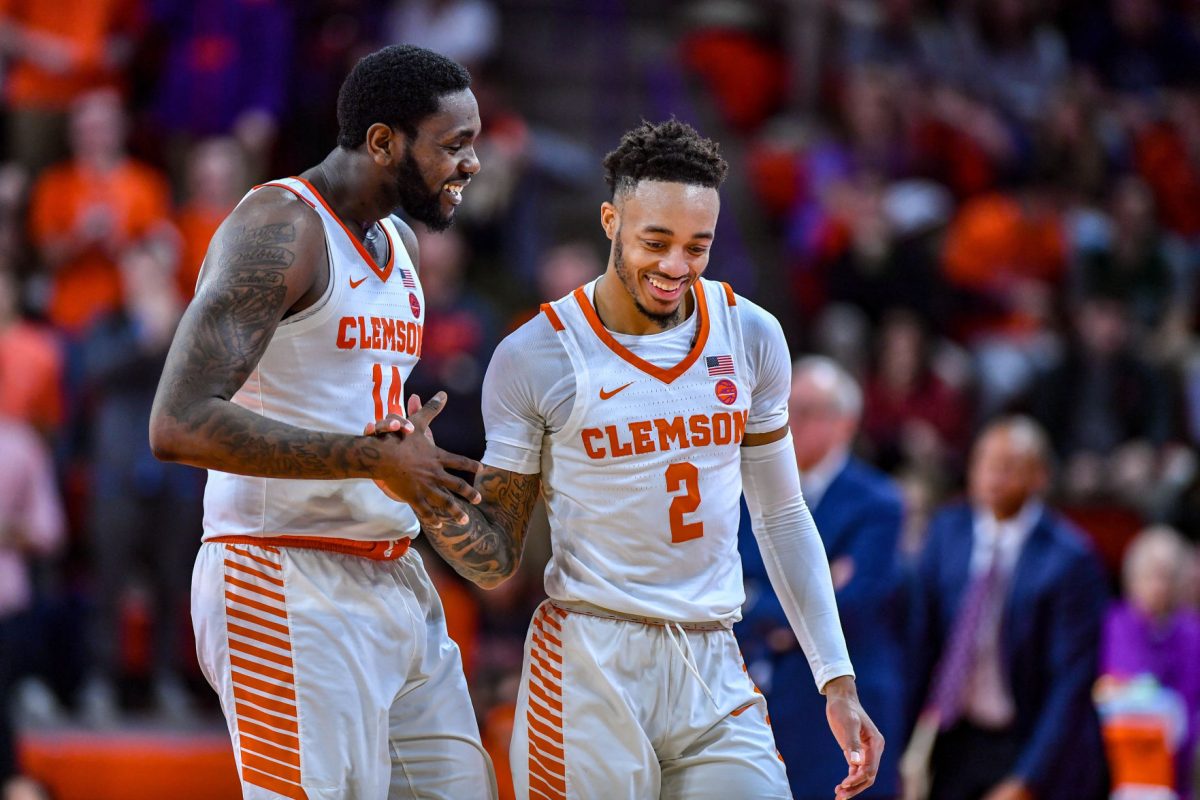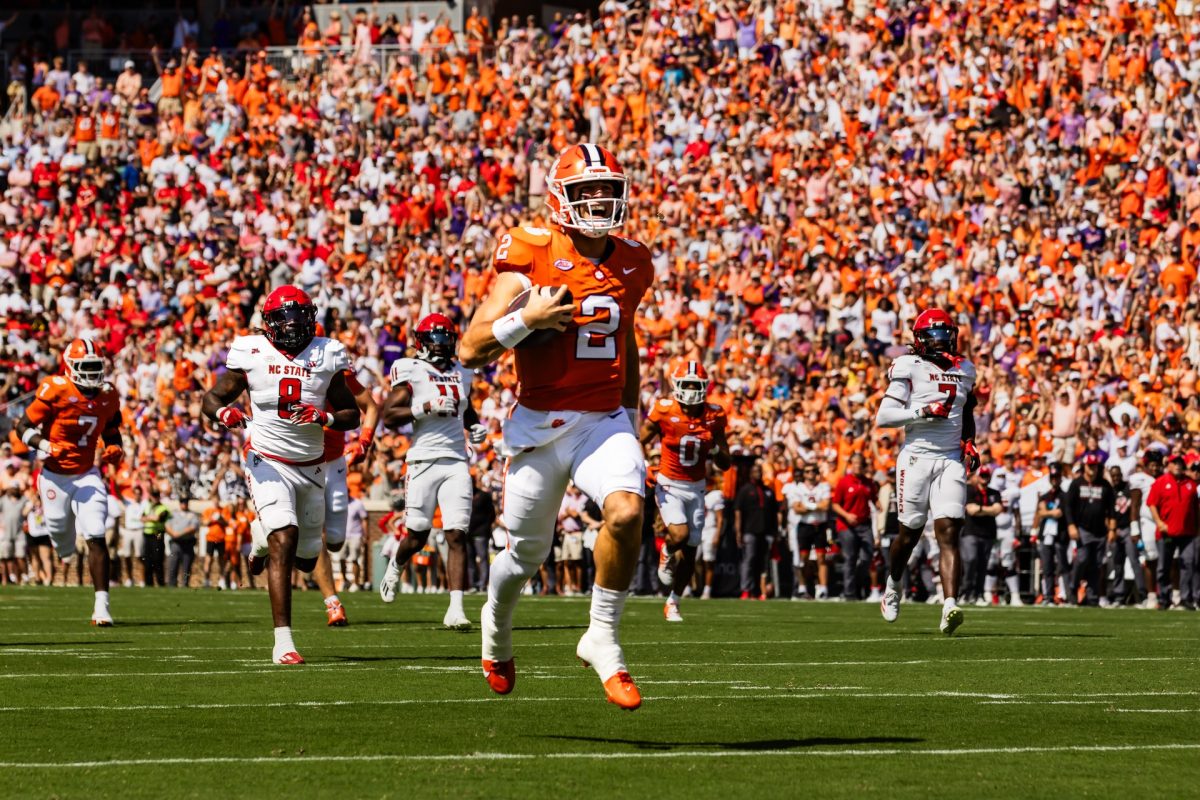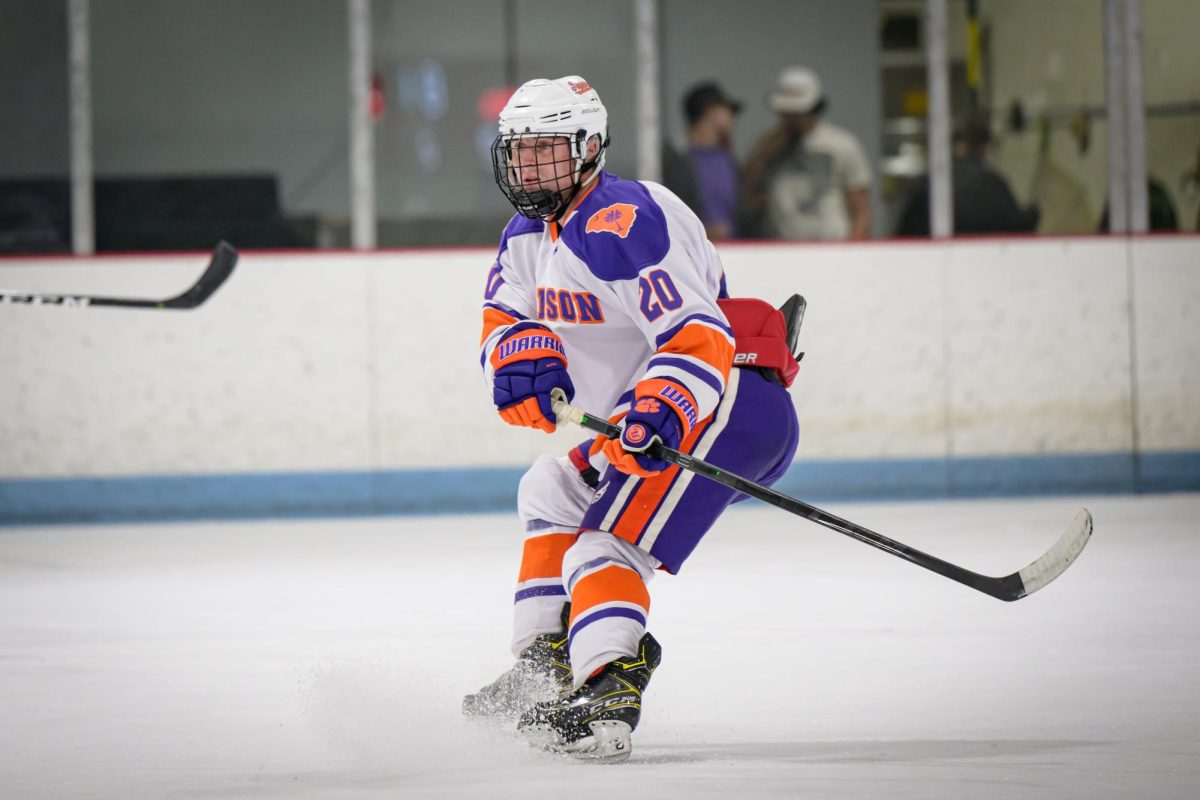The Clemson Men’s Basketball season ended last Sunday as the Tigers were defeated by the Wichita State Shockers 63-55 in the second round of the NIT Tournament.
Clemson began the season as the No. 22 team in the country, according the AP Poll, and opened their 2018-19 campaign with five straight wins, pushing them as high as No. 16 in the third week of the college basketball season. The Tigers then lost back-to-back games that came down to the wire, a theme that would become a trend for the season, to Creighton and Nebraska. The losses caused the Tigers to fall out of the AP Poll rankings, which they would not return to for the remainder of the season.
The Tigers did manage to right the ship a bit, and by the time Clemson began its conference play, the team was a respectable 10-3.
The ACC proved to be a murderer’s row of talent, though, and the momentum of the season shifted immediately.
The Tigers lost their first three games of conference play to Duke, Syracuse and Virginia (Duke and Virginia would both go on to make the NCAA Tournament as No.1 seeds). A win against Georgia Tech gave the team a reprieve before they lost their next two games, dropping the team to 1-5 in conference play and 11-8 overall.
A four game win streak, including a win over ranked Virginia Tech, finally gave Clemson some breathing room and seemed to put the team back on track to compete in the toughest basketball conference in the nation.
Unfortunately for the Tigers, late game execution became a thorn in the team’s side. It seemed that no matter the score, there was still a window for the opponent to rally back and that, once the game was close, Clemson would get rattled. The Tigers split their last eight games of the regular season and finished with a 19-12 record.
That 19-12 record was certainly respectable and earned Clemson some buzz about making the NCAA Tournament. The ACC was far-and-away the country’s best conference, and Clemson had been able to recover from a devastating start to conference play.
By the time the ACC Tournament came around, it seemed that a win against N.C. State would all but guarantee the Tigers a spot in the Big Dance: easier said than done, however, as N.C. State had already defeated the Tigers earlier in the season with a buzzer-beating game-winner.
The early goings of the game seemed positive for the Tigers, who ended the first half with a 42-26 lead. The second half was a disaster for Clemson, though, who went ice-cold from the field and couldn’t seem to stop the Wolfpack offense.
In the dying seconds, Wolfpack guard Markell Johnson was fouled on a layup attempt by Clyde Trapp and sent to the line where he could tie the game with his first free throw and give the Wolfpack the lead with his second. Sure enough, he knocked down both free throws and N.C. State won the game.
By the end of the season, Clemson had lost seven games by five points or fewer.
The loss to Wichita State brings about what seems like the end of an era for a program that has experienced about as much success in the last fours as it has in a long time. Players like Marcquise Reed, Elijah Thomas, Shelton Mitchell and David Skara will move on after spectacular careers as the backbones of a premiere Clemson unit.
One of the calling cards of this unit, and of this era of Clemson basketball, has been the balance that the team was able to achieve. It never felt like the team was constructed to fit around a single, overwhelming basketball talent. Instead, the identity of the team centered around sharing the load and distributing it to as many players as possible.
This method worked remarkably well in a sport where one player can change a team’s fortunes and in a league full of turnover. Each of the last four seasons, Clemson has finished with a winning record, and the 2017-18 campaign saw the team win 25 games (the most in a decade) and advance to the Sweet Sixteen of the NCAA Tournament (the farthest the team had gone in 20 years).
I had high hopes for the team at the beginning of the year (I predicted they would finish with single-digit losses and place second in the ACC standings, a ludicrous prediction even at the time considering the powerhouses of the conference), and so did many others. By opening the season in the top-25, Clemson was clearly a team that was expected to be competing in the NCAA Tournament. Gabe DeVoe and Donte Grantham were the only major contributors that the team lost and I thought that the NCAA run would be an experience that allowed the team to take their games to that next level.
Those expectations were wrong, and I think that the team’s multiple heartbreaks in close games are indicative of the problem that the team faced this year. In close games, basketball devolves into a one-on-one game. Give the ball to the best player and let him create a shot. This season, we’ve seen players like Ja Morant and Zion Williamson do it for their teams time and time again.
For Clemson though, that isn’t the way the team has played. Marcquise Reed is a fierce competitor and had a fantastic season as the driving force of the team’s offense, but the personality of the team has never been one that lends itself to giving the ball to a player and just letting him go to task.
There were various injuries throughout the year and new transfer and freshman talents didn’t pan out as expected, but the losses of DeVoe and Grantham seemed to set the synchronicity of the team off-center in a way. The team’s shooting splits were down across the board and in those close games, Clemson lacked a true closer.
The strengths of Clemson’s system allowed the team to reach lofty heights just a year ago, but the weaknesses of the system ultimately cost the team in several games. And that’s not the fault of the coaches or the players, it’s just one of the harsh truths of the sport of basketball that as balanced as a team is, sometimes you need a closer.
Regardless, the players leaving Clemson should hold their heads high knowing that they gave the program season after season of successful team-focused basketball and one of the best seasons the program has ever had. They defined this part of the decade for Clemson basketball and will be remembered for their chemistry, their winning ways and their unflinching commitment to play the game with each other in mind.








